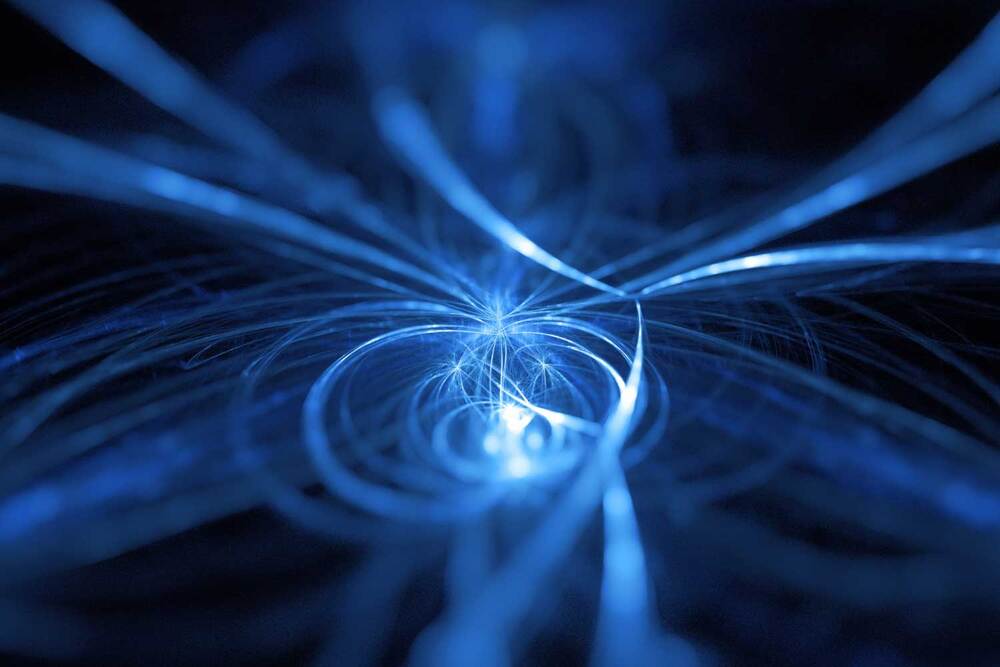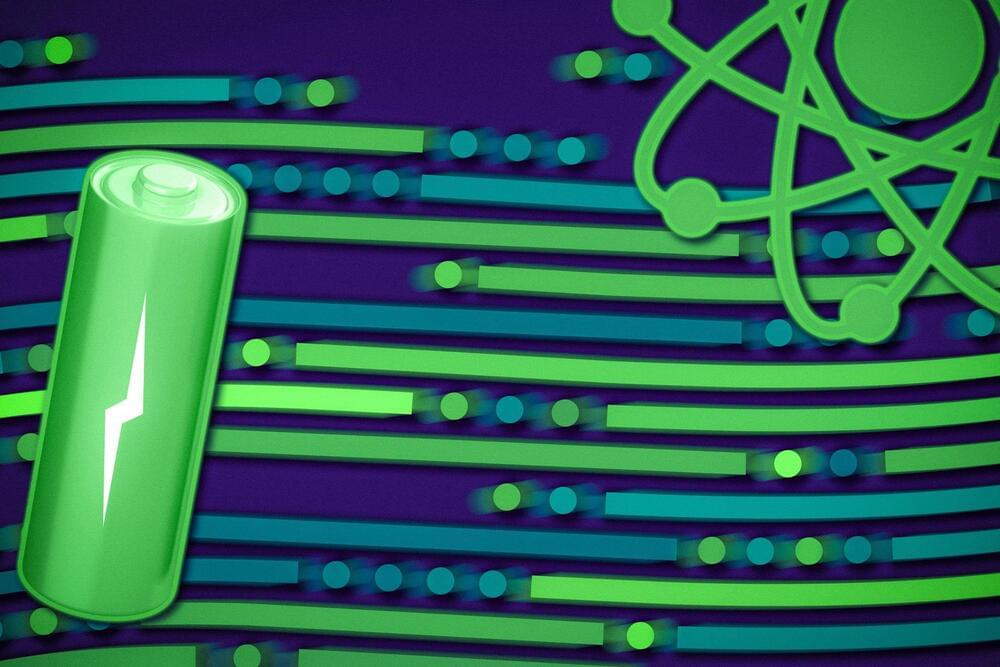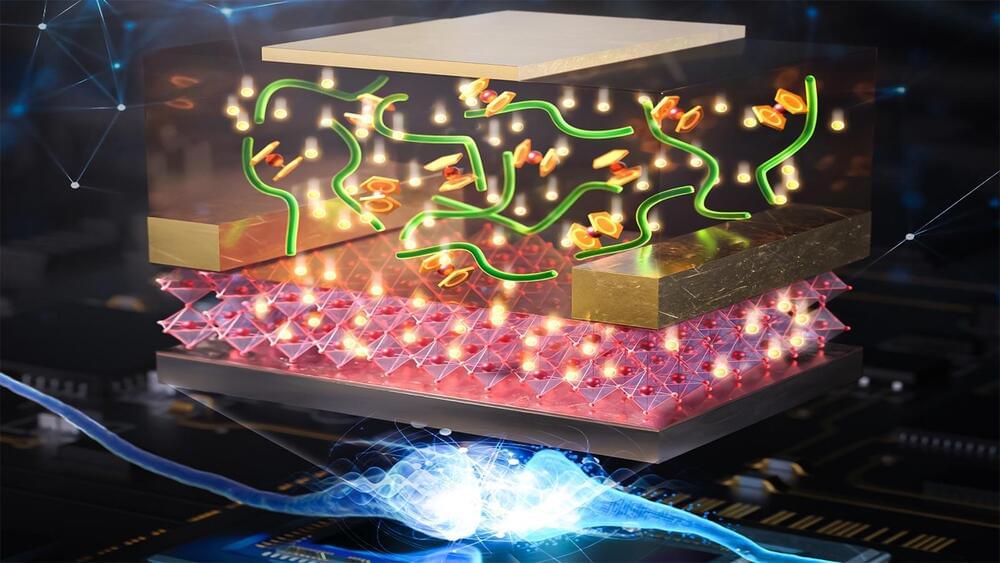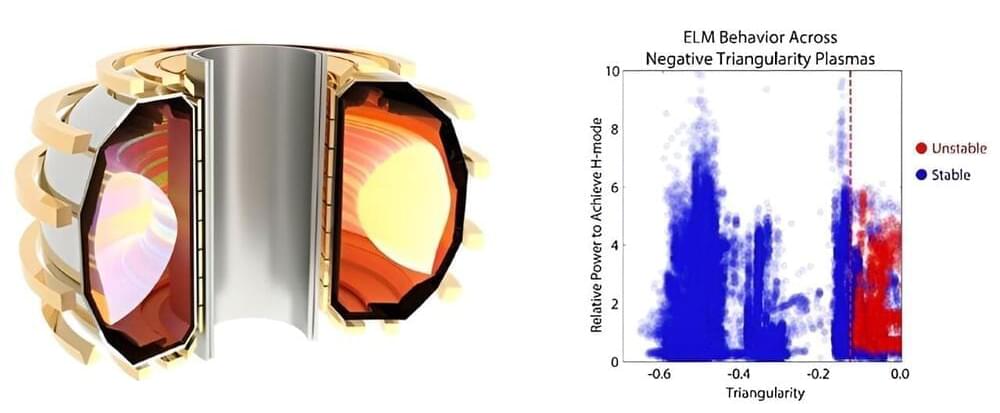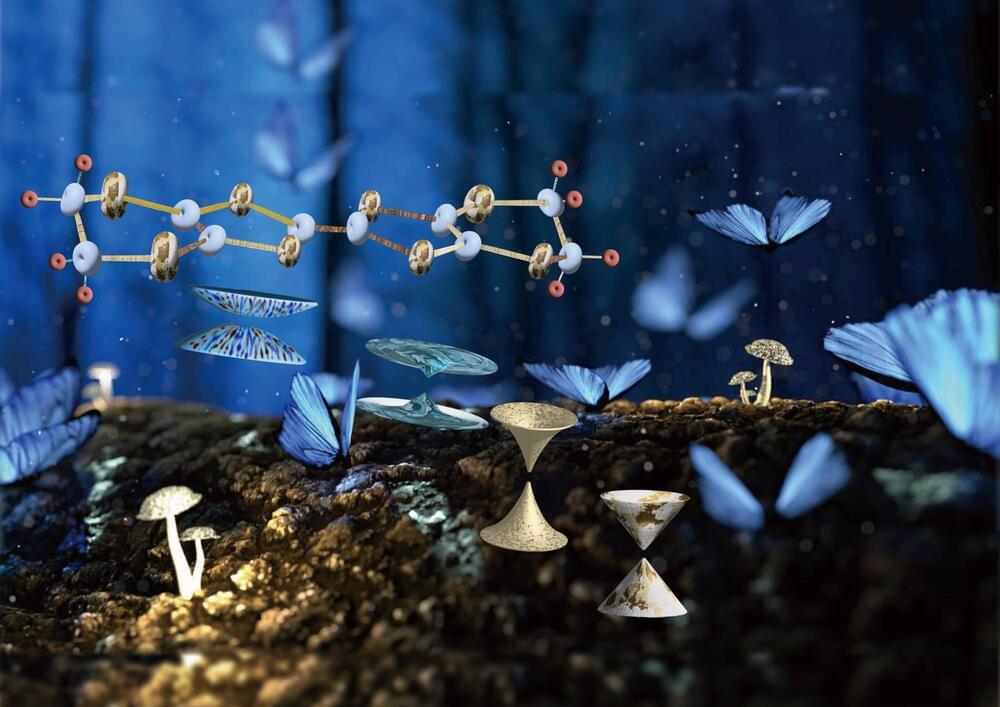Mar 19, 2024
Scientists Develop Groundbreaking Sensor That Can Wirelessly Detect Chemical Warfare Agents
Posted by Genevieve Klien in categories: chemistry, energy, military
Researchers have developed a revolutionary sensor capable of detecting chemical warfare agents without wires, representing a major advancement in technology for public safety. This innovative device, capable of identifying substances like dimethyl methylphosphonate (DMMP), offers a new level of efficiency and reliability in monitoring and responding to chemical threats, without the need for direct power sources or physical connections.
The urgent need for advanced detection of chemical warfare agents (CWAs) to ensure global security has led to the development of a novel gas sensor. This sensor is distinguished by its rapid response, high sensitivity, and compact size, crucial for the early detection of CWAs. Accurate detection and monitoring of CWAs are vital for effective defense operations, both military and civilian. Due to the hazardous nature of CWAs, research is typically limited to authorized laboratories using simulants that mimic CWAs’ chemical structure without their toxic effects.



